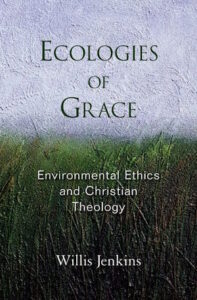 Environmental Ethics and Christian Theology
Environmental Ethics and Christian Theology
Environmental crises may be at the forefront of today’s most pressing issues, but theology’s failure to evaluate the resulting situations and reactions offers little guidance to faith believers inspired to respond. In Ecologies of Grace, Willis Jenkins presents a field-shaping introduction to Christian environmental ethics that offers resources for renewing theology. Observing how religious environmental practices often draw on concepts of grace, Jenkins maps the way Christian environmental strategies draw from traditions of salvation as they engage the problems of environmental ethics. By being particularly sensitive to the ways in which environmental problems are made intelligible to Christian moral experience, Jenkins guides his readers toward a fuller understanding of Christianity and ecology.
PLT Director Charles Marsh reviews:
“Ecologies of Grace is a stunning intellectual achievement and an interdisciplinary tour de force. While offering important conceptual clarifications of the major schools of environmental ethics, and framed within an essential rethinking of the Christian doctrines of salvation, creation and redemption, Willis Jenkins illuminates the promise of creative theological writing for the sake of the common good. This luminous book speaks not only to scholars of religion, students and ethicists, but also to policy makers, activists, clergy, and anyone concerned about the fate of the earth. Not to be overlooked, Jenkins presents his considerations with generous portions of well-crafted narrative.”
Find more information on the book here.
Willis Jenkins is the director of the religious studies graduate program at the University of Virginia and an associate professor of religion, ethics, and environment. Jenkins has authored two award-winning books and has also written a number of papers. He is currently working on three projects: a monograph entitled “The Moral Ecology of Food,” a textbook introducing religion, ethics, and environment, and a handbook to religion and ecology.

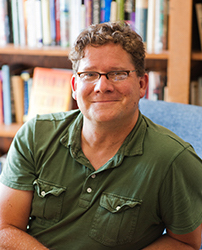 On the Artist’s Faith and Latest Album, Coloring Book
On the Artist’s Faith and Latest Album, Coloring Book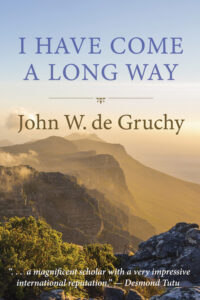 A Memoir
A Memoir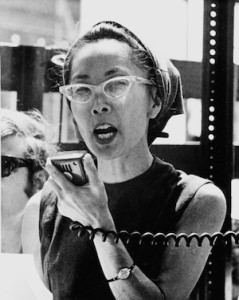
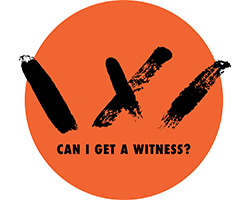 Spring Institute for Lived Theology 2016/2017 Author Series
Spring Institute for Lived Theology 2016/2017 Author Series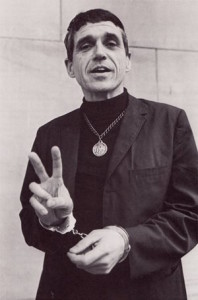 “There is no peace because there are no peacemakers. There are no makers of peace because the making of peace is at least as costly as the making of war – at least as exigent, at least as disruptive, at least as liable to bring disgrace and prison, and death in its wake.” –Berrigan
“There is no peace because there are no peacemakers. There are no makers of peace because the making of peace is at least as costly as the making of war – at least as exigent, at least as disruptive, at least as liable to bring disgrace and prison, and death in its wake.” –Berrigan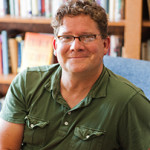
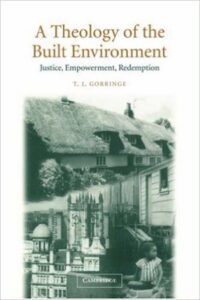 Justice, Empowerment, Redemption
Justice, Empowerment, Redemption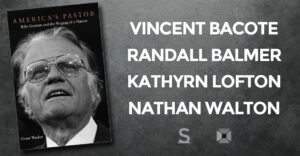 Introducing the Collaboration with Syndicate
Introducing the Collaboration with Syndicate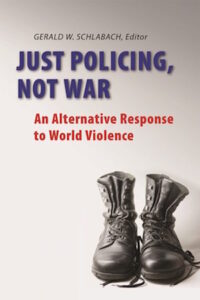 An Alternative Response to World Violence
An Alternative Response to World Violence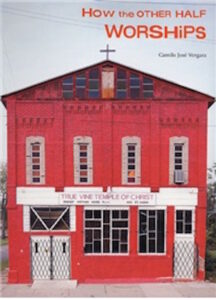 Investigating Churches Among America’s Poorest
Investigating Churches Among America’s Poorest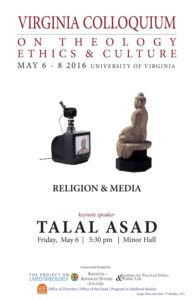 On the Connection Between Religion and Media
On the Connection Between Religion and Media